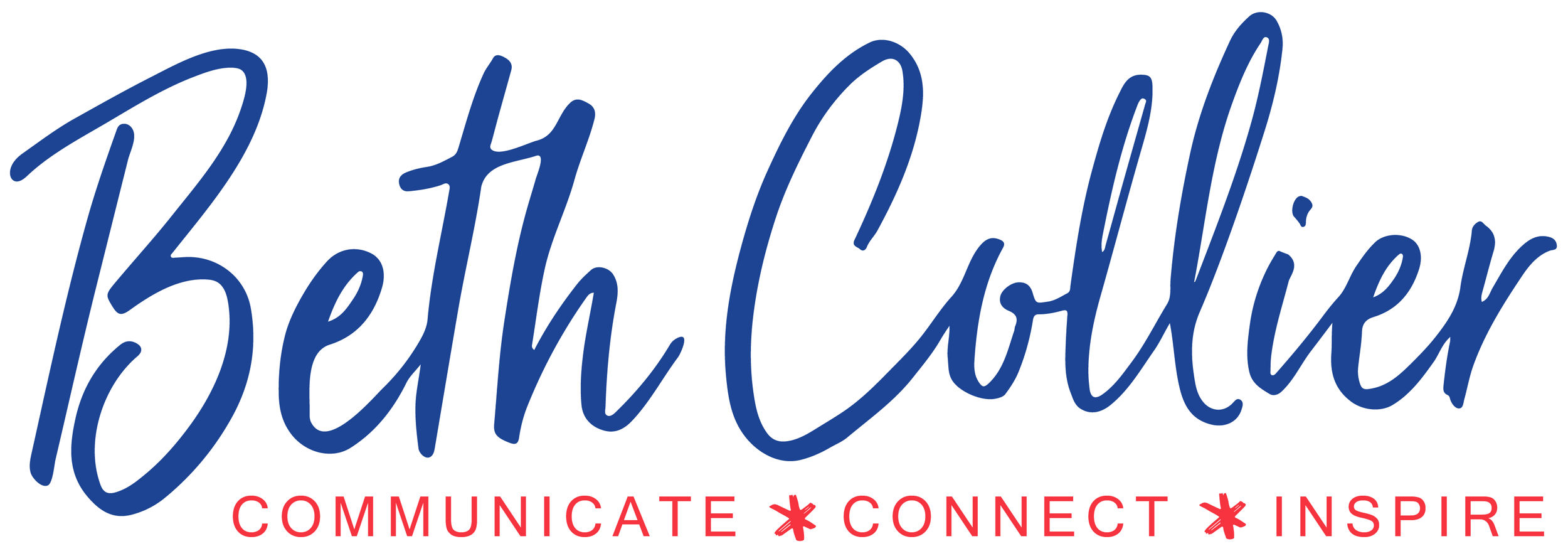How One Email Can Ruin Your Career
Your words matter. Choose them carefully.
I’m always on the lookout for real-life examples that highlight why communication skills are so important. Recently, I came across a LinkedIn post with a story that caught my eye.
It included an email written to Sulaiman Khan, an entrepreneur who runs a Disability-led equity business. Khan had received an email from a non-profit director asking for a call to ‘pick his brain.’
According to the post, Khan responded “politely and pleasantly proposing a compensated 'brainpicker' call.”
And here’s the email response he received:
Good luck with that.
When directors of non-profits who are more successful than you are come to you offering to partner for mutual benefit and to SERVE YOUR MISSION you should NOT reply back demanding recompense. That’s how you immediately lose an opportunity for partnership.
Your email went to my spam folder which is EXACTLY where it belongs.
Bye.
So what happened next?
Well, if Khan had shared this person’s name or company, we can guess what would happen next. The person would issue an apology – either sincerely or forced. The company would be attacked in the headlines – and their leadership, decisions, and integrity would be questioned.
They’d be called out for the arrogance, and the lack of compassion and self-awareness. Companies who support them would quickly distance themselves. Angry donors would flood their phone lines. Twitter would be on the attack. Maybe some politicians would throw a couple jabs to score points.
The profuse apologies would prove to be insufficient, and the director would be fired (or perhaps extended the opportunity to step down and ‘soul search.’). The director would be haunted by the email at every future interview and probably struggle to find another job – particularly in the non-profit arena. This would impact their financial and mental health – and likely flow on to their family. The scandal would follow them around for years.
One email – with 59 words – could have set off a bomb for a person and company. The damage could have permeated to so many others who are depending on (or benefitting from) the non-profit’s services.
Just 59 words in an email could have done that. An email that probably took less than a few minutes to write – that could have affected someone’s life forever.
To fully analyze this situation, I’d like to see the email chain. But even without it, this email is a PR disaster just with this line:
When directors of non-profits who are more successful than you are come to you...
That line alone – dripping with hubris – could severely damage a person’s career.
But that’s not the turn this story takes – because Khan decided to take a different path. When people suggested he name names, here’s how he responded:
“Personally, I would rather not out the person or company, as that person is dealing with their own trauma, and that’s on them to heal. If I am always coming from a place of love and kindness, I accept everything that comes my way.”
In just 44 words, Khan has also told us something about the kind of person he is.
What’s the lesson from this?
Your words matter.
And in the absence of face-to-face contact (or audio) they matter even more.
Remember that there is a person at the other end of that email. A person who may be struggling with something, too.
You may need to deliver a message they don’t want to hear. But you can deliver it with professionalism, with kindness, and with empathy. You may need to close the door now, but there is no need to burn down the house.
Think about the words you choose.
Don’t let your words ruin someone’s day – or your career.
******************************************************************************************************************
Want a dose of positivity and fun in your inbox? Sign up to receive my free newsletter Curious Minds.
Each week you'll get insights that mix curiosity with business, history, or pop culture.
Be curious - and keep learning!
